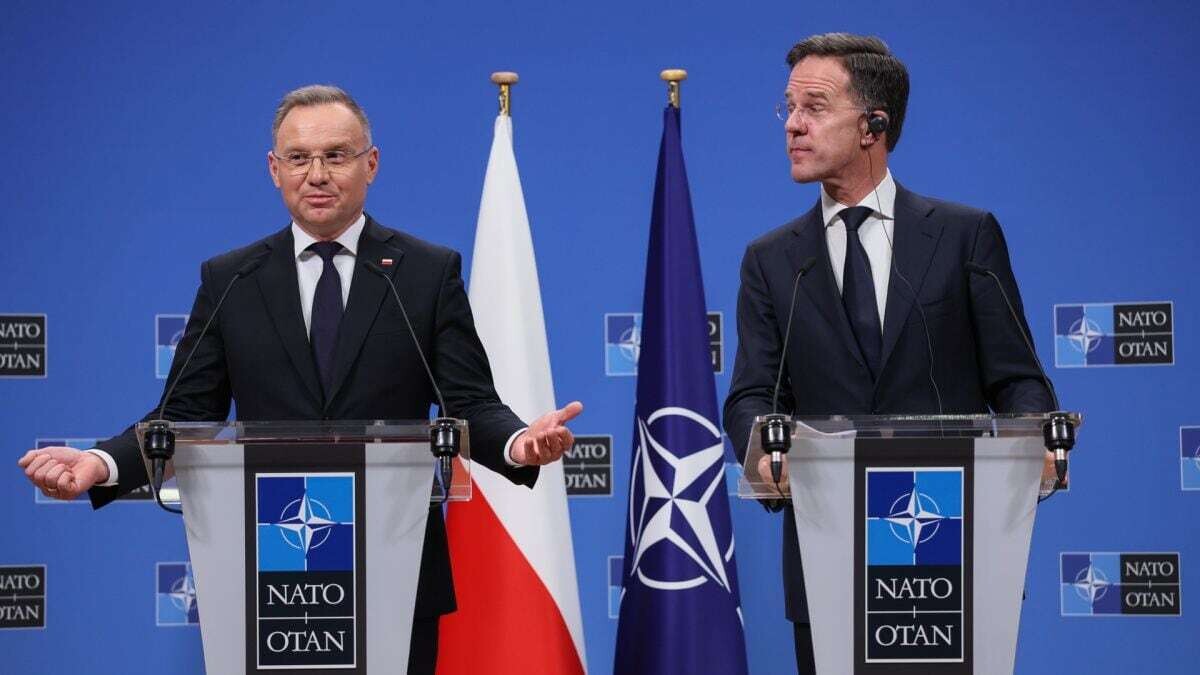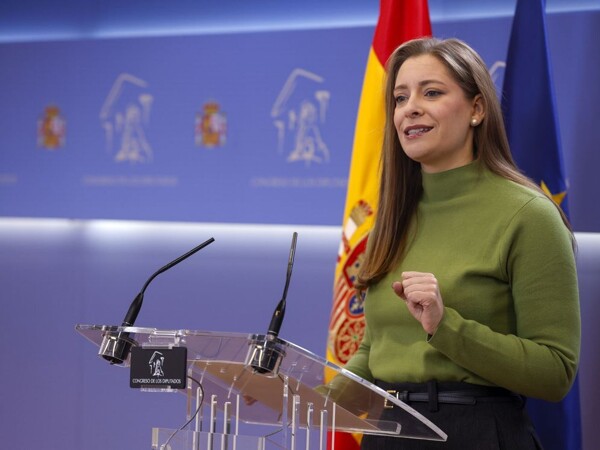
At the extraordinary summit of the European Union held in Brussels, an agreement was reached for massive and expedited rearmament due to what is described as an imminent and clear threat from Russia. This decision received the support of 26 of the 27 member countries, which was considered a message of exceptional unity at a time when the United States has withdrawn as a key ally.
The plan, called "Rearming Europe," proposed by the head of the European Union Executive, involves an investment of 800 billion euros, of which 650 billion will come from the national budgets of the member countries. For the first time, priorities were established in military spending, focusing on air defense, artillery systems, drones, critical infrastructure protection, military mobility, and the use of artificial intelligence for military purposes.
The meeting was attended by Ukrainian President Volodymyr Zelensky, who received the backing of European Union leaders amid a withdrawal of support from the United States. Zelensky announced his trip to Saudi Arabia for meetings after being excluded from agreements to end the war.
During the day, there was a new challenge from Russia to European countries, with firm responses from both Russian Foreign Minister Sergei Lavrov and President Putin. The latter accused French President Macron of wanting to return to the time of Napoleon and warned against underestimating the Russian character.
The decision by France, Great Britain, and Germany to send troops to Ukraine for potential peace agreements was met with concern and rejection from Russia, which considered this action as direct NATO involvement in a conflict against Russia. The Russian message was clear: "We cannot allow this to happen."














